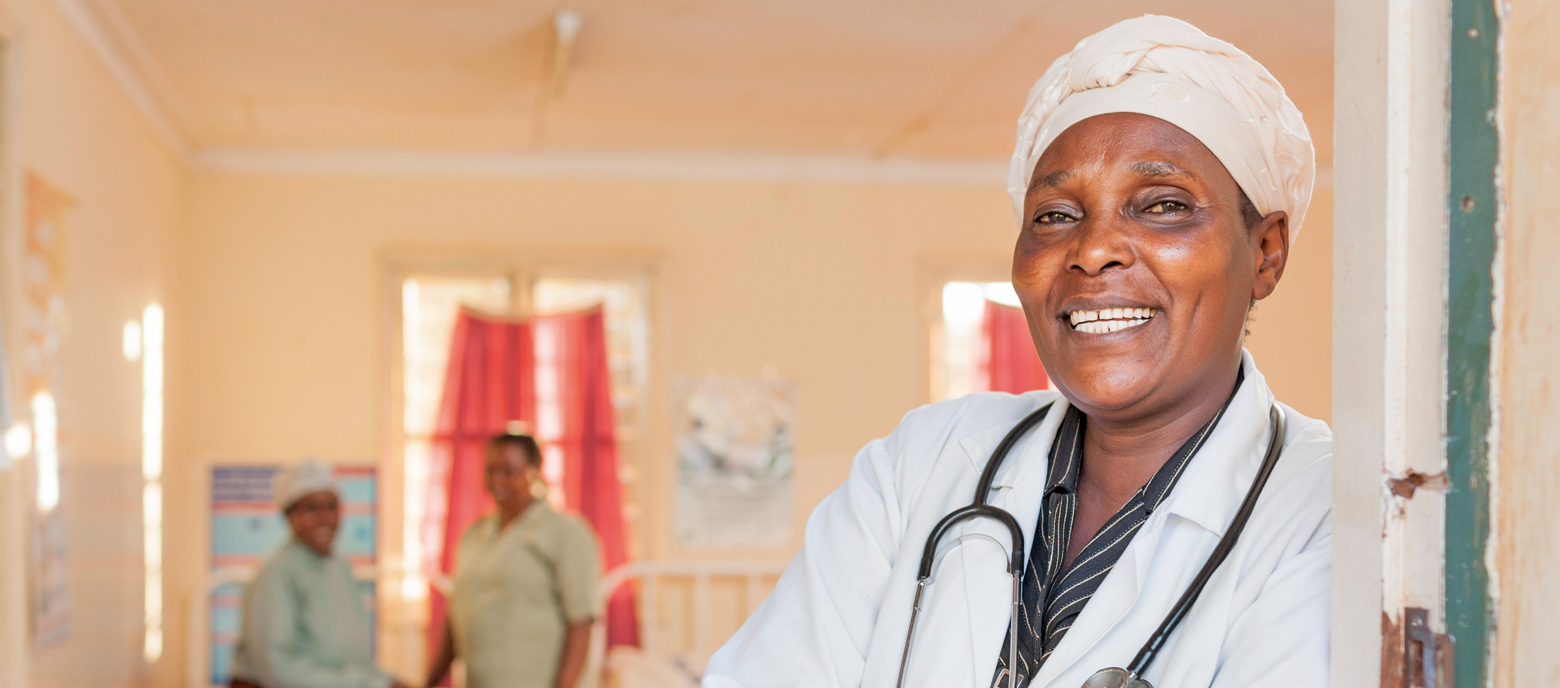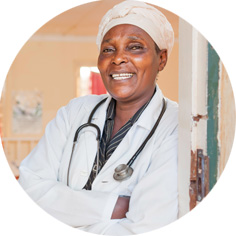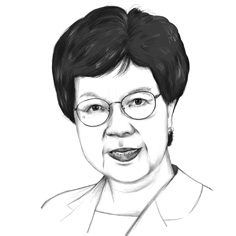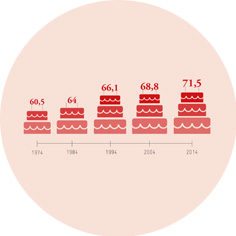Focus health - interview
‘We have to reach young people’
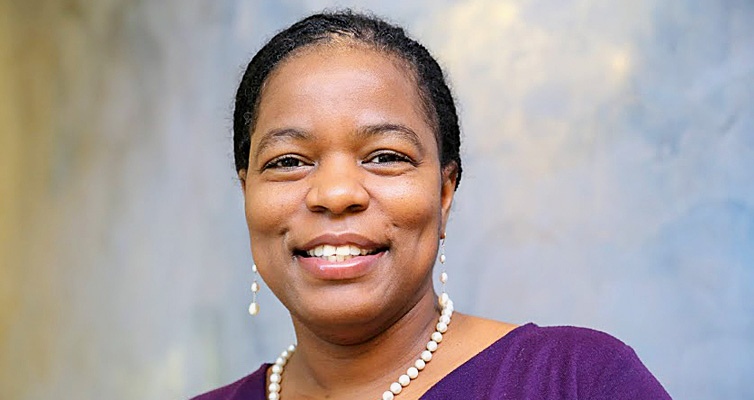
It is agreed by the international community that every woman and man should have access to reproductive health services and modern contraception. Yet, we have not accomplished that goal – why?
Indeed, hundreds of millions of people still do not have that access, even though they wish to use contraception. Why? In the end it goes back to a lack of leadership and commitment. Reproductive health is mainly a women’s issue. And women tend to get relegated to the bottom of the pile. So although we have seen a lot of progress over the past two decades particularly around contraception it is still a question of gender equity and marginalisation. It’s the poor women that are hardest hit.
It’s not a matter of logistics?
If you had asked me that question ten years ago I would have answered it differently. But today we know how to reach everyone. And we could reach everyone if the priorities were set right and if we had the necessary resources – in the countries themselves and within the donor community where we sense a slight downgrading of the topic within the EU, for example.
Cultural barriers that we have to break through
Where do we fall particularly short in the world?
The need is greater in the developing countries of Africa and Asia, especially in sub-Saharan Africa and parts of South-East Asia. We also still see cultural barriers that we have to break through. Women around the world for the most part have already broken those barriers; it’s the families, the communities and governments that sometimes lag behind, although in general, as I want to emphasise, we have made great progress in the past years. In Indonesia, for example, over half of all women of reproductive age are now using contraception and the trend is upwards.
Are you saying that women around the world do want to practice birth control regardless of their cultural background?
Absolutely – women everywhere want to use modern contraceptives. They want to take that decision because they know the influence the issue has over their lives.
More innovative ways to get the message across
In which segment of the population do you see the largest gap?
I see the biggest need among adolescents; they often do not have adequate access to contraceptives. Yet, this is when people start thinking about sexuality. If we do not reach them early enough young women are pregnant before they were able to grow up, finish school and learn. Plus, very early pregnancy is particularly dangerous. So, we need better access to information and health services for young women.
What should be done to better reach that age group?
Several elements need to be in place to better reach young people: political will, open societies and the necessary medical supplies and services corresponding to their behaviour and needs. We have to use more innovative ways to get the message across, e.g. all the social media channels.
In many countries, pregnancies are still hazardous
What are some of the major consequences of that deficit?
First of all, not meeting female needs means denying people the basic right of choosing how many children they want to have. Second, it puts them at great risk: in many countries pregnancies are still very hazardous due to the lack of medical support. Mothers die and infants die for reasons that shouldn’t be possible in the twenty-first century.
Can digitalisation make a difference in this endeavour?
Yes, in that we can reach more people with all kinds of new technologies. Planned Parenthood Global recently launched a programme with the United Nations Population Fund (UNFPA) called Global Mobile which is doing exactly that: increasing access to information, particularly among adolescents, by meeting them where they live online. But we all have to continue developing such digital offers because they are a great opportunity towards the larger goal.
How much longer will it take until everybody really has access to birth control?
I think we can achieve the goal by 2030, as laid out in the 2030 Agenda for Sustainable Development.
Latanya Mapp Frett, is an American with a background in international affairs and development issues, starting her career at the United Nations. She is the Executive Director of Planned Parenthood Global, an NGO that is working to expand family planning programmes across Africa and Latin America.
Interview: Friederike Bauer
published in akzente 3/16
Getting better
Essay: Health
For prosperous nations
Guest article: Health
More time to live
Infographic: Health
